Dar es Salaam. According to the Local Government (District Authorities) Act No. 7 of 1982, the primary duty of Local Government Authorities (LGAs) is to protect and promote public health, including preventing and managing outbreaks of diseases.
A report by the Controller and Auditor General (CAG) titled “Performance Audit Report on the control of hygienic practices in food markets in the country – 2021” emphasized that to improve health and community welfare, the President’s Office – Regional Administration and Local Government (PO- RALG) needs to establish a robust Monitoring and Evaluation system at all levels, prioritizing key sanitation issues.
Additionally, the authorities must ensure that health and environmental sanitation programs in regional secretariats and LGAs are well-coordinated, as per the PO- RALG Strategic Plan (2016/17 – 2021/22).
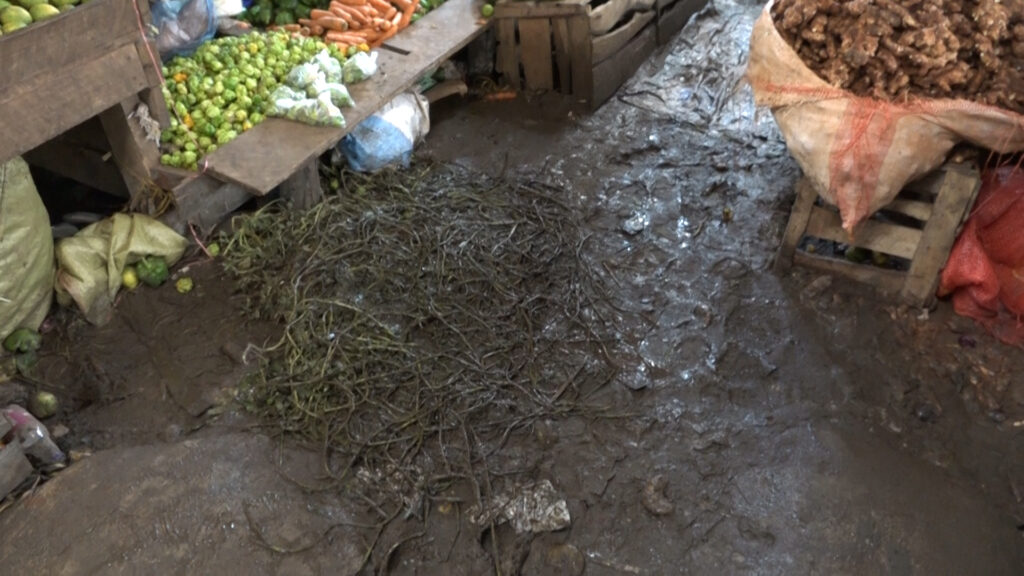
Required Standards for Food Markets
The Food and Agriculture Organization (FAO) guidelines on hygiene and safety in the food sector (2014-2016) stress that all food markets should meet six key standards
1. Clean and Safe Selling Areas: Selling areas and their equipment should be located in clean, non-polluted areas. Food storage areas should be cleaned periodically and disinfected at least once daily.
2. Daily Cleaning: Floors and surrounding areas should be thoroughly cleaned daily.
3. Water Availability: Adequate water should be available at all times, and sellers are prohibited from keeping pets like cats or dogs near food to avoid contamination.
4. Waste Management: Solid waste should be disposed of in covered containers or garbage bins, and wastewater should be drained into proper sewage systems. After disposal, containers and any equipment used should be cleaned thoroughly.
5. Daily Waste Area Cleaning: The waste storage area should be cleaned daily, using appropriate cleaning agents.
6. Safe Waste Disposal: In areas without waste collection services, solid waste should be disposed of safely, as recommended or approved by relevant authorities.
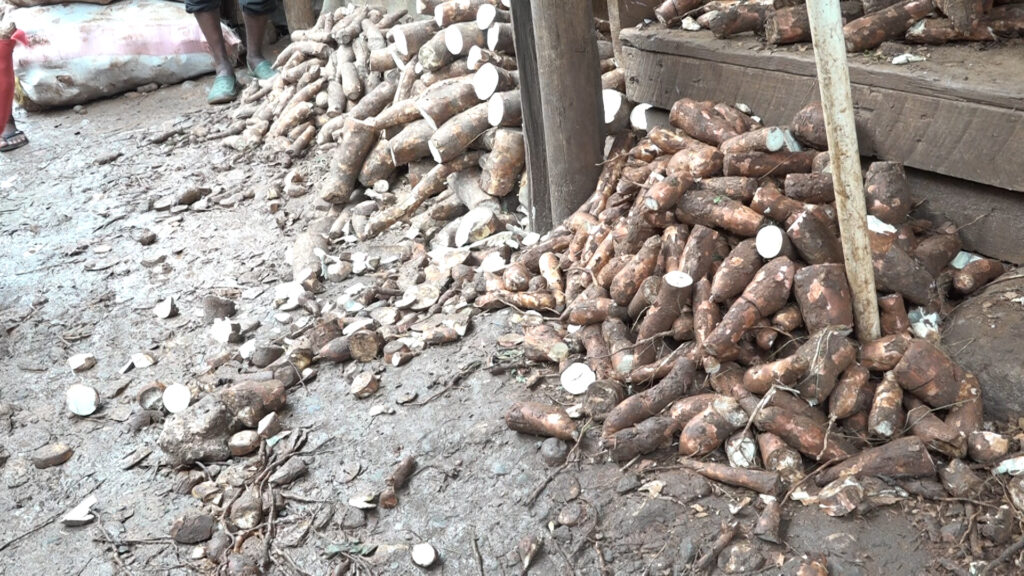
The Reality in Dar’s Markets
A significant number of markets do not meet these standards. An investigation revealed that most markets lack proper waste management infrastructure, including solid waste and wastewater management and appropriate storage facilities. This situation leads to waste accumulation, stagnant water, foul odors, and pests, causing inconvenience for market users.
Another issue is the intersection of roads and markets, causing dust, poor infrastructure, and vendors placing their goods, including food items, on the ground.
For instance, on June 1, 2024, Vice President Dr. Philip Mpango participated in a cleanup at Ilala market. During the Environment Week leading up to World Environment Day on June 5, he was welcomed by a foul smell of wastewater. He urged leaders to address this issue.
Mohamed Mwekya, the chairman of the Dar es Salaam Market Traders Association, noted, “There are 106 markets, but only six under our management meet acceptable standards,” highlighting poor infrastructure as a significant challenge.
Furahisha Kambi, the secretary of traders at Buguruni Market, stated, “There is no designated area for waste storage, and often, when the truck comes, the cleaning workers or traders themselves bring the waste to the truck.”
On April 9, 2024, a visit to this market revealed overflowing waste in a portable container parked on one side of the road. Pedestrians could not pass due to the mud and foul-smelling water, while food vendors operated on one side and fruit sellers on the other.
Suleiman Mohamed, a fruit seller at the market, said, “The situation is as you see it; it is dirty and not only drives away customers but also endangers our health.”
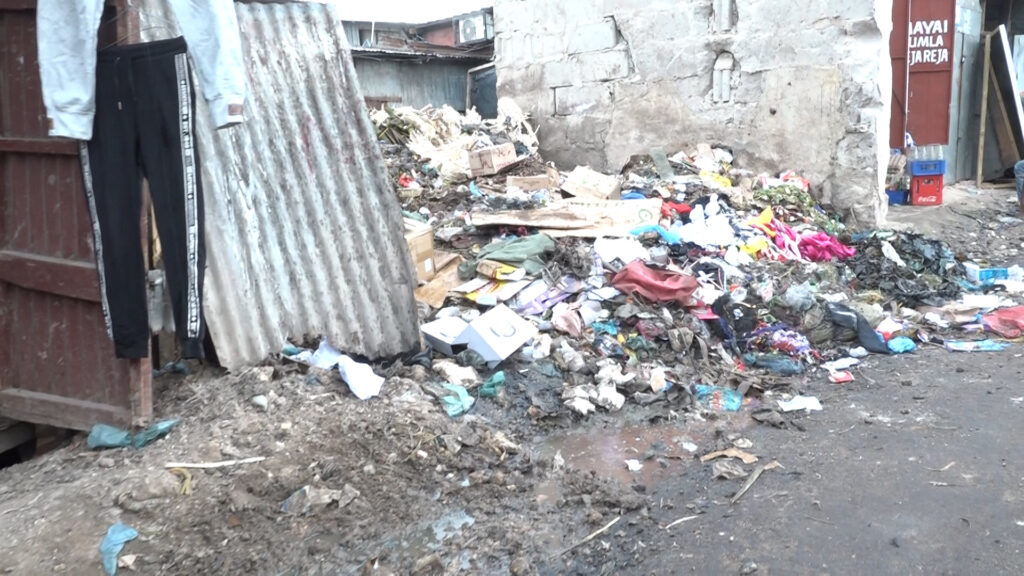
Health Risks
Due to inadequate infrastructure, there are three major health risks facing market users, according to health expert Dr. Allan Tarimo. The risks are related to the respiratory system, the digestive system, and the potential for fungal infections that primarily affect the feet and toes, especially during the rainy season and with diseases like worms.
Dr Tarimo adds, “The air being inhaled is polluted, leading to common illnesses like colds, allergies, and coughs caused by influenza.” He emphasizes the need to improve infrastructure to prevent these diseases, especially cholera and worms, which thrive in unsanitary conditions.
“If we could improve the infrastructure for proper drainage so that water flows away and ensure that sewage systems are well-maintained to prevent standing water, and also ensure timely waste removal, it would greatly help,” he stated.
The Minister of Health, during his budget speech, highlighted that the leading ten diseases in the country include respiratory infections, diarrhea, intestinal worms, and skin diseases, which are largely caused by poor hygiene.
Dr Tulitweni Mwinuka, Head of the Department of Health, Nutrition, and Social Welfare in Ubungo, stated that greater risks can occur in crowded areas, especially if the infrastructure is substandard. He mentioned that people are more likely to contract fungal infections or worms in damp areas.
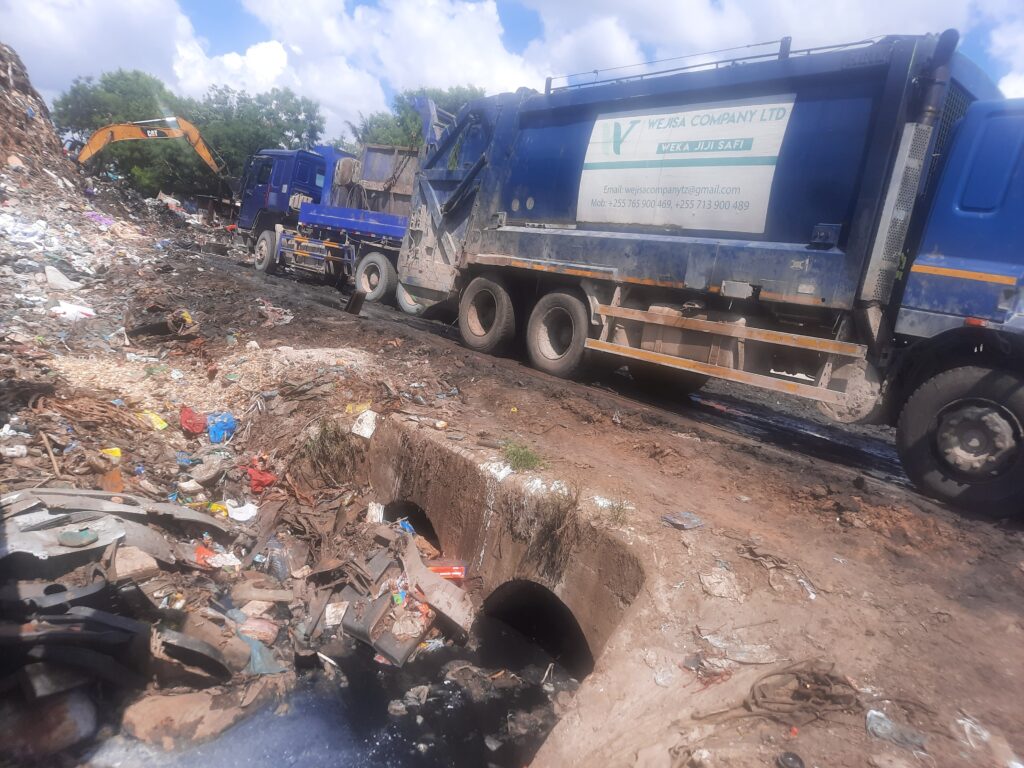
How Municipalities Manage Waste
Lawi Bernard, head of the Solid Waste and Transportation Unit of Ubungo Municipality, said they are striving to improve market infrastructure to reduce health risks.
At the Mabibo market, open dumps have been replaced with two covered containers, facilitating easier cleaning and reducing odor. The municipality plans to have two types of containers in every market: portable containers for recyclable waste and fixed containers for other waste.
Goodluck Kabage, the Market Officer of Kinondoni Municipality, stated that for Tegeta market, waste separation infrastructure exists, with specific containers for compostable waste. The waste is then collected and taken to a compost plant in Mabwepande. Other waste is collected by municipal trucks and taken to a dump site.
Market waste collection procedures vary. For example, Tegeta market generates a lot of waste, and it is removed as soon as it is collected. However, at Tegeta Nyuki market, two containers for waste collection are located in an open area by the road, and waste management seems inadequate as there is a foul smell and waste left in the open.
At Kawe market, a waste container is located near the road in an unfinished building structure, creating challenges for proper waste management.
Mkana Mkana, head of the Waste Management and Environmental Cleanliness Unit of Temeke Municipality, mentioned that while good waste control procedures are in place, the challenge lies with market users.
“The traders or their hired workers often dispose of waste improperly, placing it beside the container,” he said. A visit to Tazara – Veterinary market revealed a youth disposing of waste beside a container, and many others were already doing the same.
Mkana noted that they continue to educate traders through monthly seminars and school programs, believing students can pass on the knowledge to their guardians.
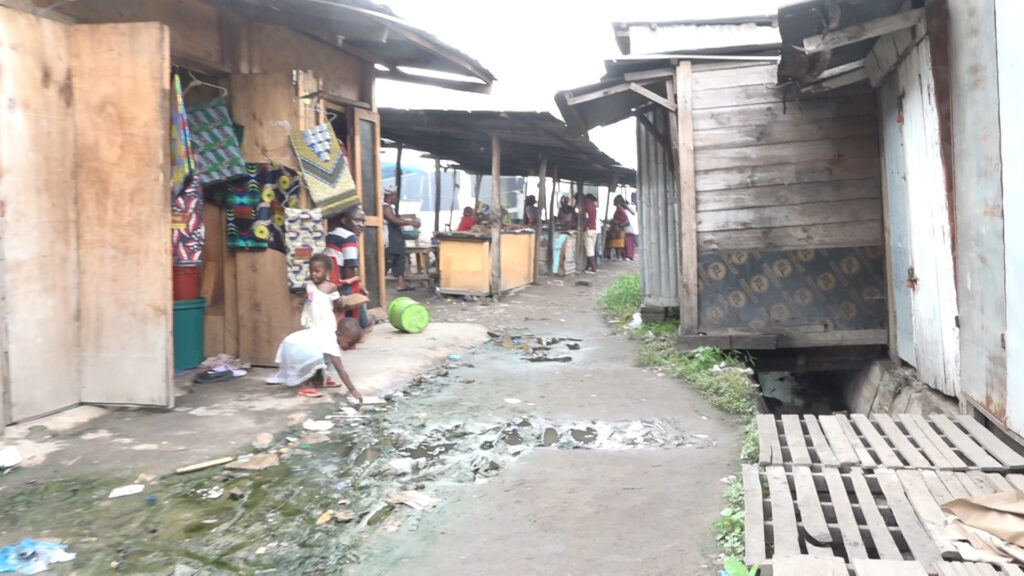
How Poor Market Infrastructure Causes Revenue Loss for Municipalities
The substandard market infrastructure not only inconveniences users but also limits investment opportunities for traders, resulting in lost revenue for municipalities, an investigation has found.
Temporary stalls, often set up by traders, are charged TZS 500 per day, equivalent to TZS 15,000 per month. In contrast, improved markets like Kisutu charge TZS 1,000 to TZS 2,000 per day, double the temporary stalls in most markets.
Some of these markets include Buguruni, Tazara – Veterinary, Kawe, Tegeta Nyuki, and Kigamombi Ferry.
Before its renovation, Kisutu market served about 200 traders. According to Ilala Municipality economist Julius Ndele, it now accommodates around 1,000 traders and can expand to 1,200, including those renting stalls, shop frames, and other leasable spaces.
This means the initial market could generate an average of TZS 100,000 per day, but now revenue has increased at least tenfold.
Other markets in Ilala have been improved or have temporary infrastructure. For example, Ilala Boma market is overwhelmed by demand. Some traders operate in unauthorized areas, affecting revenue collection.
“During the rainy season, customers decrease. They prefer not to come to the market,” said Peter Malaga, Business and Market Officer of Ubungo Municipality, highlighting the relationship between market infrastructure and revenue.
Malaga noted that properly arranged traders in stalls and frames are easier to collect fees from compared to scattered traders. For example, at Mabibo market, after adding sheds, the situation improved compared to the previous two sheds.
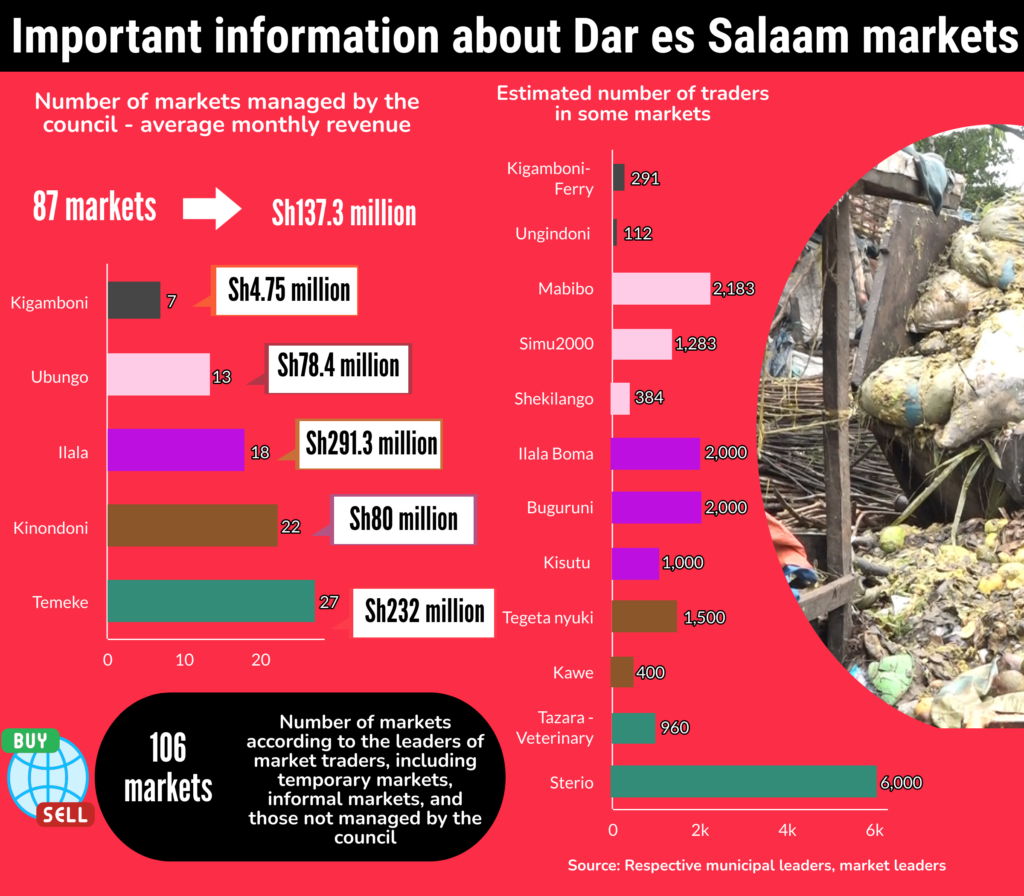
Municipal Revenue
Dar es Salaam has 87 markets managed by municipalities: 13 in Ubungo, 27 in Temeke, 18 in Ilala, 22 in Kinondoni, and seven in Kigamboni.
Between July and March 2023/24, Dar es Salaam (Ilala) collected TZS 2.62 billion from its markets, averaging TZS 291.3 million per month. This excludes Ferry fish market and Machinga Complex, which are self-sustaining projects.
Ubungo Municipality collected an average of TZS 78.4 million between August and April of the 2023/24 financial year. Temeke Municipality collects an average of TZS 232 million per month, while Kinondoni collects TZS 80 million per month. Kigamboni Municipality collected TZS 57 million annually, averaging TZS 4.75 million per month.
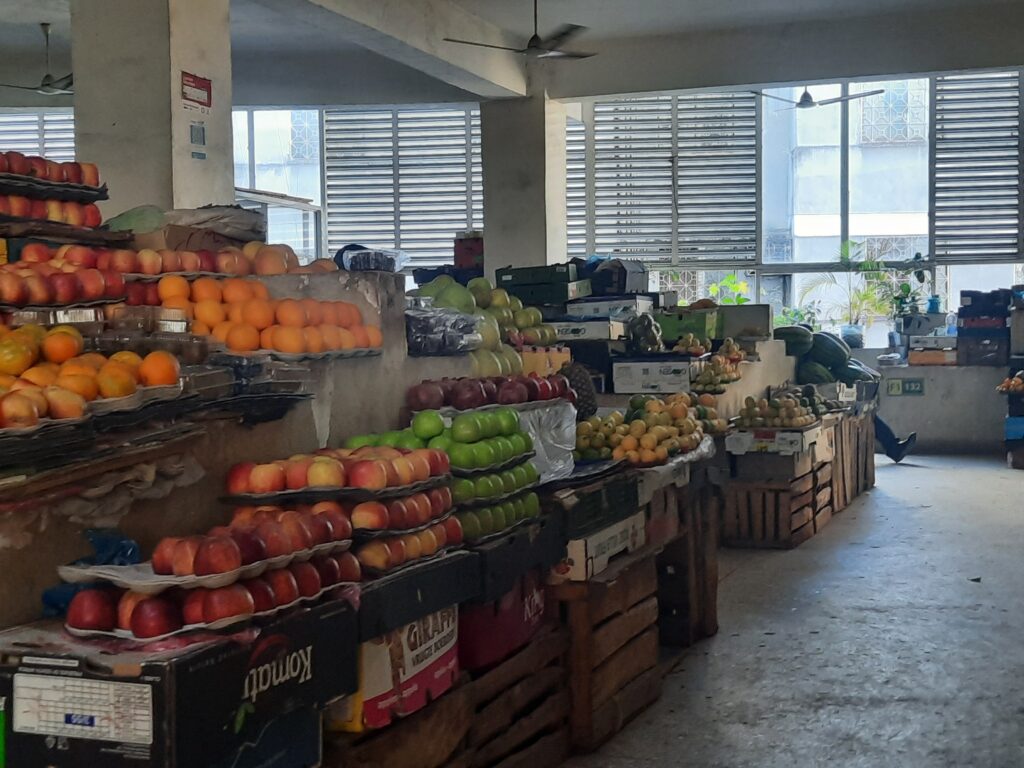
CAG and Revenue Loss
The Controller and Auditor General (CAG) reported a revenue loss of TZS 1.72 billion for local authorities due to unauthorized tax rates. Although many markets were mentioned, the Shekilango market in Ubungo Municipality lost over TZS 418 million, equivalent to 89% of the revenue they should have collected. The municipality charged TZS 15,000 per month for 279 stalls and frames instead of TZS 140,000.
Responding to this, Peter Malaga said the market is in dispute, with the case in court between the municipality and private owners, making it difficult to impose higher taxes.
Municipal business officers in Kigamboni stated that many markets were initially privately owned, and the municipality started charging fees after providing services like toilets, transport, and designating official market areas.
They acknowledged that for private markets, the municipality does not collect taxes.
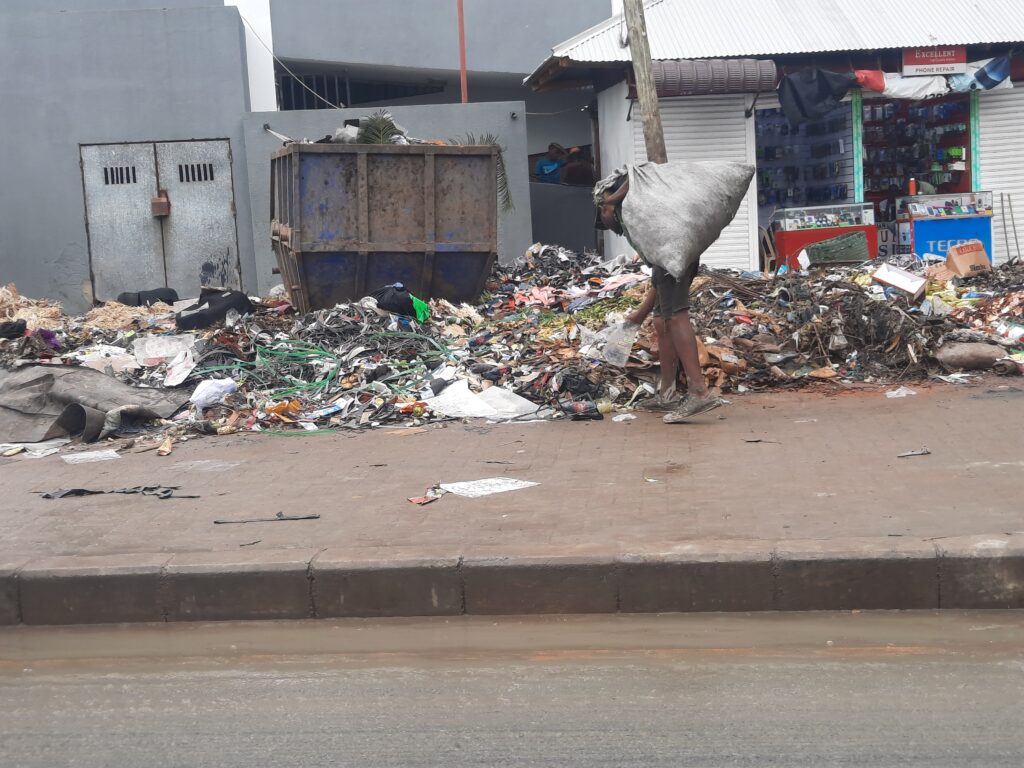


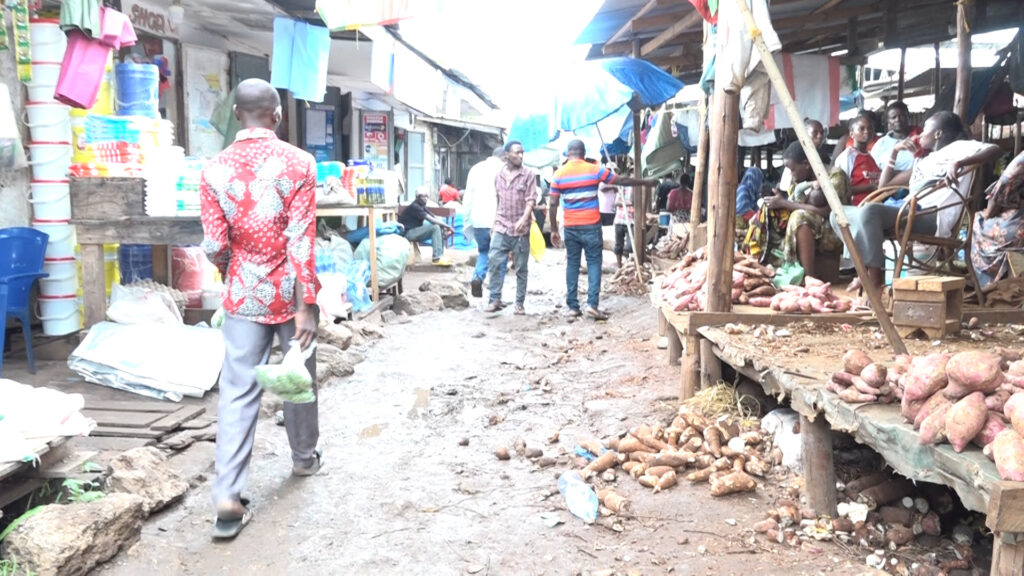
Thank you for sharing this insightful post! Your writing is clear, informative, and engaging. I appreciate how you’ve broken down complex concepts into easily digestible parts. It’s evident that you have a deep understanding of the topic, and your tips are practical and actionable. I particularly liked the way you addressed [specific point from the article], as it resonated with my own experiences. This kind of content is invaluable for readers looking to expand their knowledge and apply new strategies effectively. Looking forward to reading more from you. Keep up the excellent work!
This product is the secret to my weight loss success. It helped me shed an impressive 35kg, going from 100kg to a healthy 65kg. Don’t wait any longer – click here to order now and see the difference!